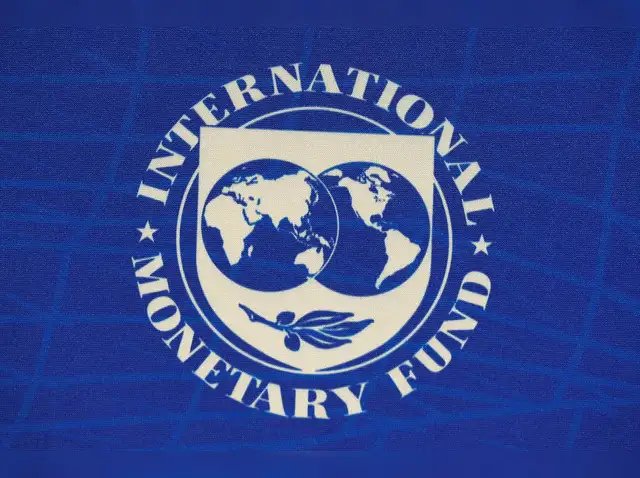By The Sampadak Express
The International Monetary Fund (IMF) is under mounting criticism following its decision to approve a $1 billion loan disbursement to Pakistan, just days after a deadly terrorist attack in Pahalgam, Kashmir. The timing of the move has sparked outrage among Indian officials, foreign policy experts, and regional commentators, who argue that the loan could undermine efforts toward de-escalation between India and Pakistan.
The funding, approved on Friday under the IMF’s Extended Fund Facility (EFF), brings the total disbursed under the current programme to $2.1 billion. Additionally, $1.4 billion has been cleared under the Resilience and Sustainability Facility (RSF), which aims to support Pakistan’s climate resilience efforts.
India Signals Strong Objection
India abstained from the IMF Executive Board vote—an unusual move that reflects its strong opposition. Under IMF rules, board members can either vote in favor or abstain; there is no mechanism for a formal “no” vote. In a statement, India’s Finance Ministry criticized the IMF’s processes as lacking “moral safeguards,” warning that funds could be diverted to support military or extremist activities. The ministry added that this concern was echoed by “several member countries.”
Global Criticism Grows
Former Indian Foreign Secretary Kanwal Sibal condemned the IMF decision, calling it “terrible optics” and criticizing what he described as Western dominance within the Fund’s governance. Political analyst Yashwant Deshmukh accused the IMF of having “blood on its hands,” while Sushant Sareen of the Observer Research Foundation said the loan only strengthens Pakistan’s military rather than encouraging reform.
Critics argue that IMF support to Pakistan has historically failed to yield meaningful results. Over the last 35 years, Pakistan has entered 28 IMF programmes, including four in the past five years, with limited evidence of lasting economic reforms or stability.
Regional Voices Speak Out
Jammu & Kashmir Chief Minister Omar Abdullah questioned the global community’s approach, stating that the IMF is “essentially reimbursing Pakistan” even as tensions flare. Former Afghan MP Mariam Solaimankhil echoed those sentiments, accusing the IMF of “bankrolling bloodshed” and calling on the international community to reconsider financial aid that could exacerbate conflict.
As geopolitical tensions rise, the IMF’s latest move has reignited debate about the role of international financial institutions in conflict zones and whether their decisions truly align with global peace and stability objectives.
More articles:






